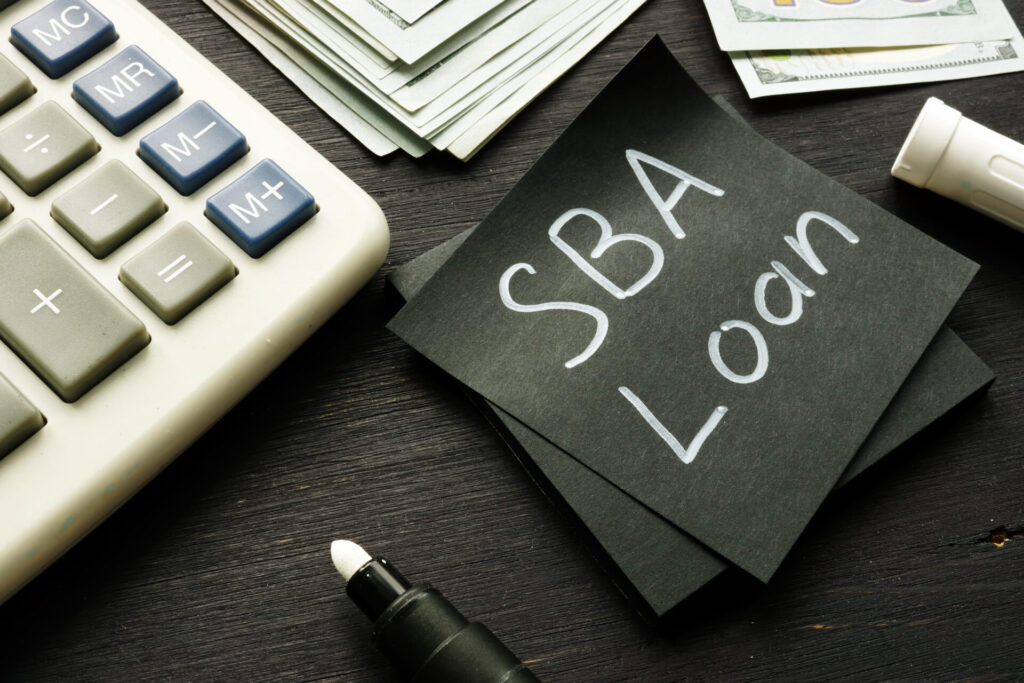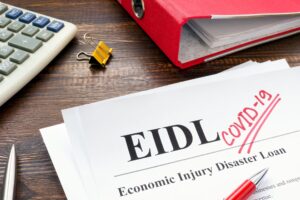 CFGMS Admin
February 15, 2023
Categories:
Business Tips, Small Business Funding
CFGMS Admin
February 15, 2023
Categories:
Business Tips, Small Business Funding
What is an SBA loan?
A network of financial institutions works with the Small Business Administration (SBA) to provide funding to small businesses. These financial institutions lend small businesses money more frequently and with better terms than a traditional bank – due to the loans being partially guaranteed by the SBA. The SBA can cover up to 85% of a loan amount, meaning if a business is unable to pay back the full loan amount, the SBA will cover the amount they guaranteed. Overall, small businesses find it generally easier to qualify for and be approved for funding, compared to a traditional bank loan, due to the guarantee associated with it.
COVID-19 Relief Options
The Small Business Administration offers multiple types of funding relief options for small businesses. In response to the coronavirus pandemic, the SBA offers four COVID-19 relief options. This includes a Paycheck Protection Program, Economic Injury Disaster Loans, Shuttered Venues Grant, and a Restaurant Revitalization Fund.
Paycheck Protection Program (PPP)
The Paycheck Protection Program loan provides small businesses with financial assistance to maintain payroll and cover lost business costs. Businesses could use this funding to pay for up to eight weeks of payroll. Along with benefit costs for employees, and interest on rent, mortgages, and utilities. The Small Business Administration (SBA) limits the funding amount a small business can receive to $100,000 per employee, depending on their payroll expenses. Another advantage of this program is that it offers loan forgiveness. If an employer uses the funding for at least 60% of payroll expenses and the other 40% on interest and/or benefit costs for employees, they may be eligible to receive full forgiveness of the loan.
Economic Injury Disaster Loans (EIDL)
The EIDL advance program purpose was to provide financial assistance to businesses adversely impacted by the COVID-19 pandemic. The SBA offered two types of EIDL funding – an EIDL loan fund and EIDL advance fund. Businesses must repay the EIDL loan fund, which they can use for any operating expenses they may have. The Small Business Administration (SBA) offered the EIDL advance fund to private nonprofits and severely impacted businesses, and repayment is not required. However, the SBA only offered this advance to applicants in low-income communities that could demonstrate a reduction in revenue of over 30% and had fewer than 300 employees.

The EIDL program can provide up to $2 million in disaster assistance to a business.
Shuttered Venue Operators Grant (SVOG)
The Shuttered Venue Operators Grant supported performing art businesses affected by the coronavirus as part of its mission. The program included over $16 billion in grants to eligible live venues, museums, theatres, producers, live venue promoters, and more. For eligible businesses, the grant amount offered was equal to 45% of their 2019 gross earned revenue or $10 million.
Restaurant Revitalization Fund (RRF)
The American Rescue Plan act established the Restaurant Revitalization Fund. The goal was to provide restaurants with funding to keep their businesses afloat and open. The American Rescue Plan Act offered this funding to restaurants, food trucks/stands, caterers, bars, bakeries, and more. The potential award amount for this funding depended on a business’s pandemic-related revenue loss. However, the SBA set a limit of $5 million per physical location. Recipients of the restaurant revitalization fund are not required to repay the funding if used for eligible purposes. Furthermore, businesses could use the funding for eligible expenses such as payroll costs, mortgage/rent payments, maintenance, business supplies, and more.